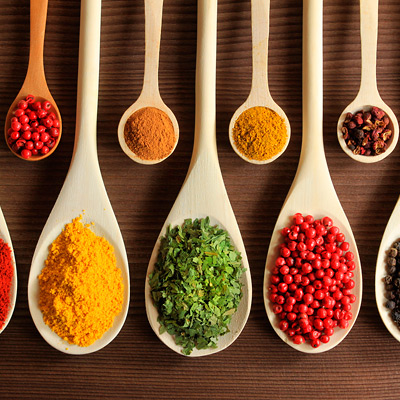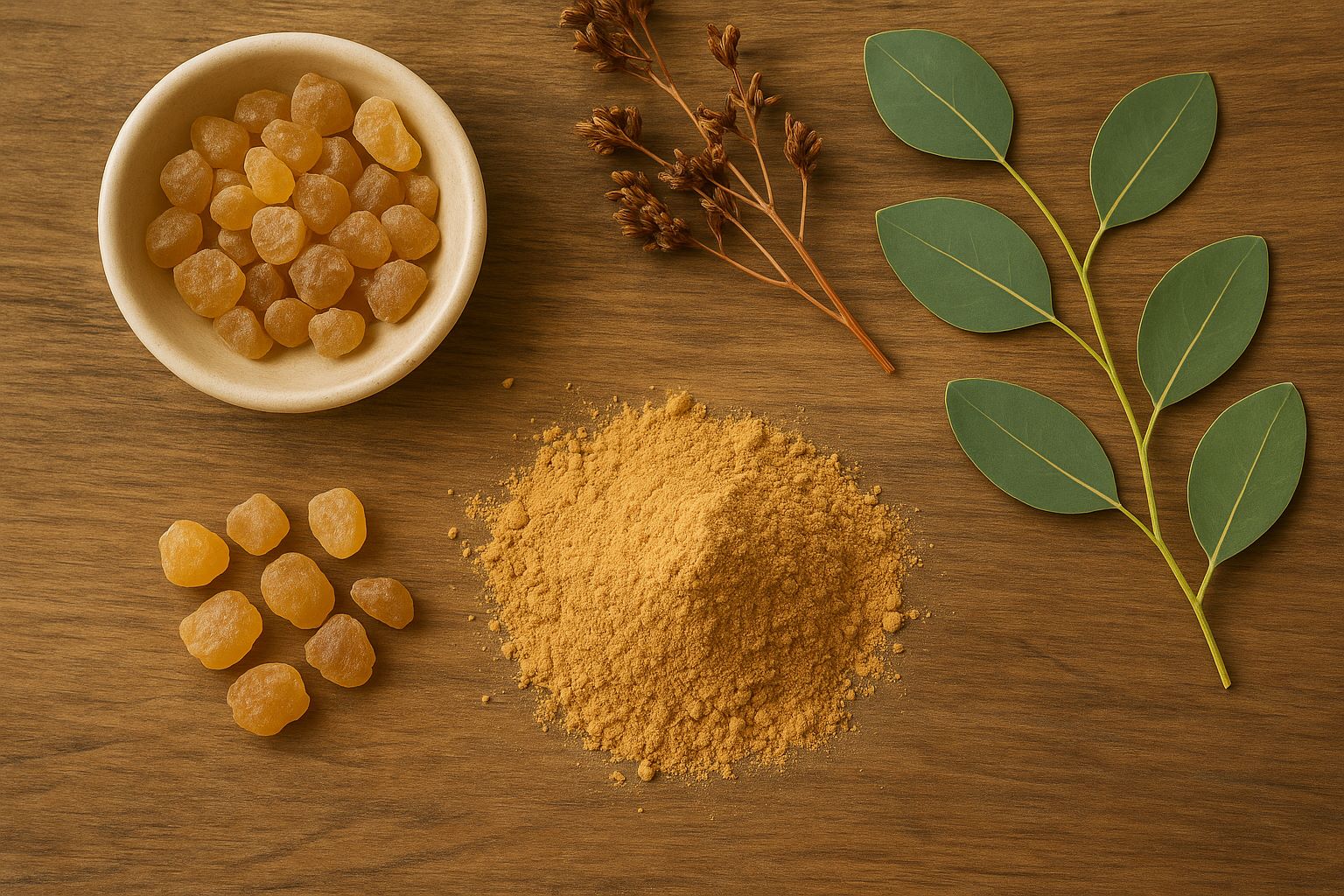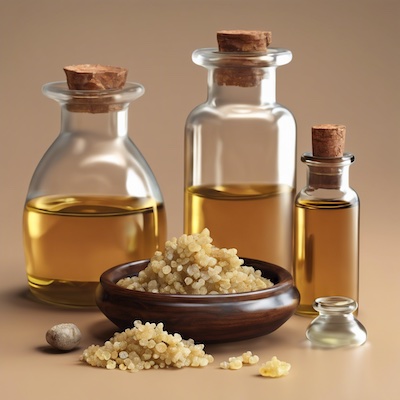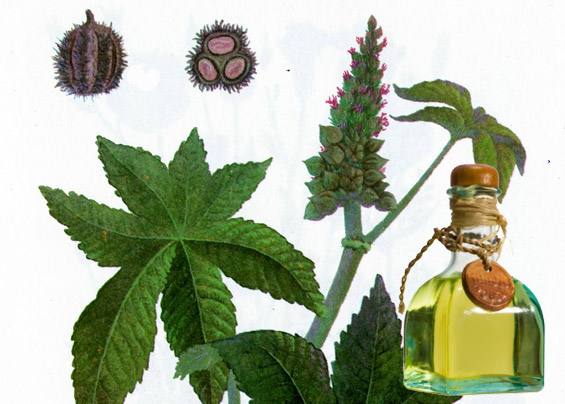Rheumatoid arthritis is a disease of inflammation, so adding anti-inflammatory herbs and spices to your diet might sound like a good idea. According to the National Center for Complementary and Alternative Medicine (NCCAM), there's not enough evidence to support the use of particular herbs or spices as effective treatment for rheumatoid arthritis. That being said, a number of herbs and spices do have anti-inflammatory properties however, and, at the very least, adding them to your recipes will liven up your meals. Here are 6 herbs and spices worthy of your consideration.
1. Ginger
"In traditional medical practices, hot spices like ginger may be used to restore balance to the whole person," said Galina Veresciak Roofener, LAc, a licensed acupuncturist, doctor of naturopathy, and alternative and complementary medical practitioner at the Cleveland Clinic in Ohio. "The swelling and pain of rheumatoid arthritis are signs of the person being out of balance." Gingerol is the compound in ginger that gives it its flavor and some of its anti-inflammatory properties. Studies on animals have found that both gingerol and non-gingerol components in this fragrant natural remedy may help prevent joint inflammation and damage.
2. Turmeric
"Turmeric is considered to be a cooling spice, so it may be beneficial for the heat generated by inflammation," explained Dr. Veresciak Roofener. Animal studies have shown that essential oils of turmeric have anti-arthritis properties. In a review of curcumin, the active ingredient that gives turmeric its yellow color, researchers at the University of Texas M.D. Anderson Cancer Center found that this natural remedy may have antibacterial and anticancer properties, as well as anti-inflammatory properties that could help with rheumatoid arthritis.
3. Green Tea
A review of substances found in green tea, funded by NCCAM, found that the herb brew may be useful for rheumatoid arthritis, although this hasn't yet been fully tested in people. Evidence from animal studies suggests that substances called polyphenols, which are rich in antioxidants, may suppress the immune response. That could be important because rheumatoid arthritis is a disease in which the immune system attacks joints, causing pain and swelling.
4. Cinnamon
In China and India, cinnamon bark is used to make natural remedies such as medicinal powders and teas. "Cinnamon may have some properties that fight inflammation," Veresciak Roofener said. In fact, a study published in 2012 in the journal BMC Complementary & Alternative Medicine found that cinnamon extract can significantly reduce substances that cause inflammation and tissue damage — but the study was performed in mice. As far as human use of cinnamon, it comes with a caveat: "Although fine on your cinnamon bun, it may be dangerous in large doses used as medicine," warned Veresciak Roofener. Up to 6 grams of daily use seems to be safe, but larger doses of the spice could interfere with blood clotting and blood thinner medications. For RA inflammation, cinnamon may be a good option, but in moderation.
5. Garlic
"Garlic has strong anti-inflammatory properties and may be helpful for pain and swelling, but it needs to be fresh and fragrant [since] roasted garlic loses its potency," Veresciak Roofener explained. Fresh garlic can liven up any dish and may help fight rheumatoid arthritis pain. A 2013 study, published in the journal Food and Chemical Toxicology, noted that garlic has significant anti-inflammatory effects because garlic inhibits the production of pro-inflammatory substances known as cytokines. The study found that heating garlic extract significantly reduced its anti-inflammatory properties.
6. Black Pepper
Peppers are widely used to fight pain and swelling in traditional natural remedies. For instance, capsaicin, the substance that gives hot peppers their heat, is used in gels and creams as an arthritis treatment. Research published in 2010 in the journal Natural Product Communications found that many of the anti-inflammatory properties found in capsaicin are also found in black pepper. The bottom line? "Adding herbs and spices to your diet for their anti-inflammatory properties is usually safe," said Veresciak Roofener, "but if you want to use them in high doses as medicine, make sure to check with your doctor first."
Source: everydayhealth.com







